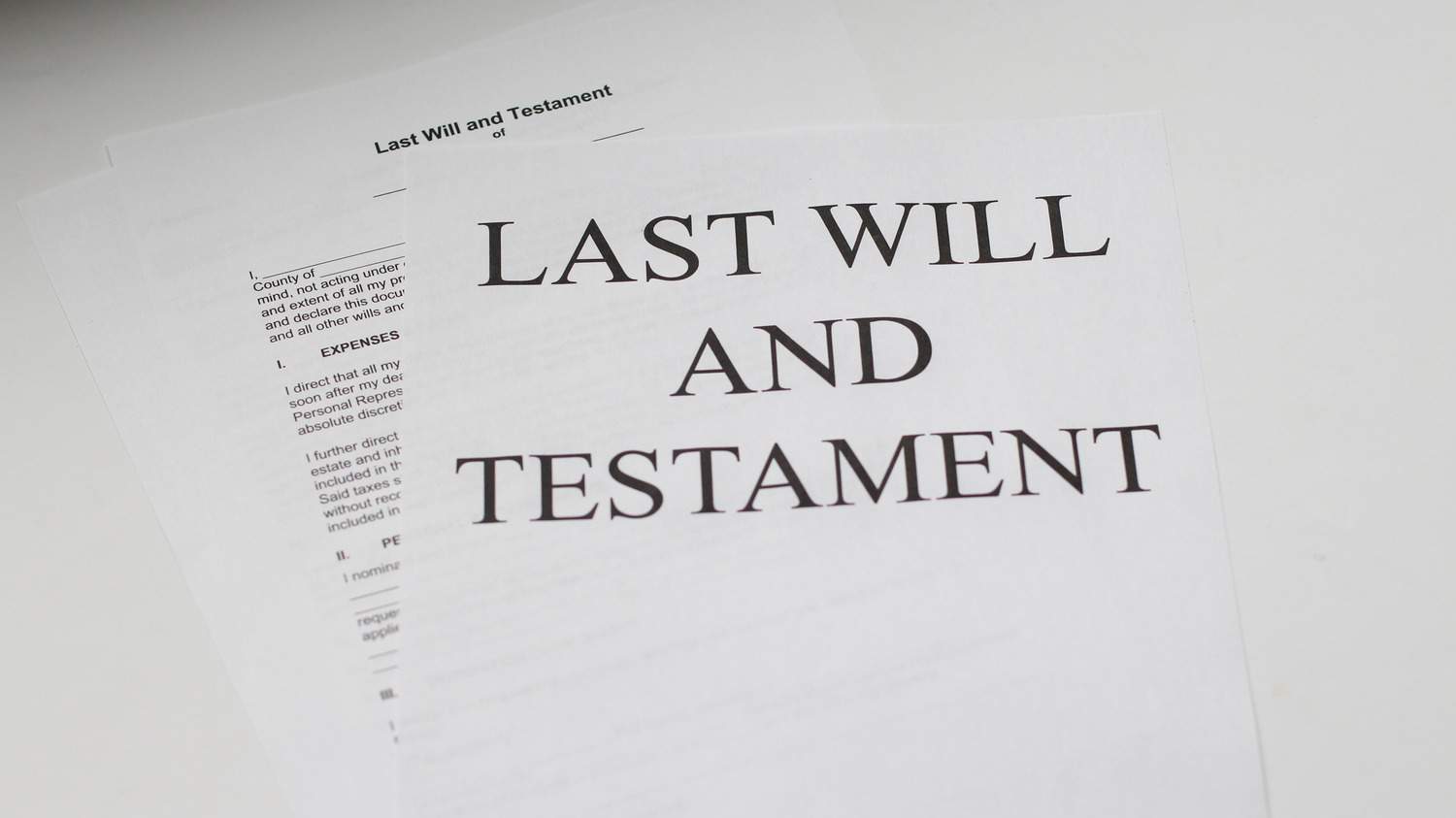Estate Planning for Individual Needs
JVP Law, PLLC, has the experience to understand that estate planning is an essential aspect of financial planning and an important consideration for all individuals, especially those who live in Texas. Estate planning helps individuals ensure that their assets and property are protected and distributed according to their wishes. The most important element of estate planning is creating a will.
A will is a legal document that outlines an individual’s wishes for the distribution of their assets and property after their death. It is a crucial aspect of estate planning and provides individuals with peace of mind, knowing their final wishes will be followed.
In this blog, I will be discussing the importance of a will in estate planning for Texas residents. I will cover topics such as the benefits of having a will, the process of creating a will, common mistakes to avoid in estate planning, and much more. By the end of this blog, you will have a better understanding of the importance of a will in estate planning and how it can benefit you and your loved ones.
Understanding Wills in Estate Planning
JVP Law, PLLC, will give you a clear understanding of what a will is and its purpose in estate planning. It is a legal document that outlines an individual’s wishes for their assets and property after death. This document specifies who will inherit the individual’s assets, property, and other possessions. It also provides instructions for the distribution of assets and property and the payment of debts and taxes.
A will ensures that an individual’s wishes are honored after their death. Without one, the state of Texas will distribute the assets and property. Regardless of the individual’s wishes. A will also provides individuals with peace of mind, knowing that their assets and property are distributed according to their wishes.
The benefits of having a will are numerous. It allows individuals to control the distribution of their assets and property, which can help reduce family conflicts and misunderstandings. It also provides individuals to name a guardian for their minor children and make arrangements for their care. Additionally, a will helps to avoid probate court, which can be time-consuming and costly.
Why is a Will Important for Texas Residents?
JVP Law, PLLC, understands Texas residents have unique estate planning needs, and a will is an important document for protecting their assets and property. Understanding the laws and regulations surrounding estates in Texas is crucial for ensuring that a will meets your specific needs.
A will helps protect your assets and property. Without a will, the state will determine the distribution of assets and property, which may not align with the individual’s wishes. A will ensures that assets and property are distributed according to the individual’s instructions, which helps reduce family conflicts and misunderstandings.
Another reason for Texas residents to have a will is to avoid probate court. Probate court is a legal process that takes place after an individual’s death and is used to validate their will and distribute their assets and property. The probate process can be time-consuming and costly, and a well-written will can help avoid this process.
It is also important for Texas residents to consider naming a guardian for their minor children in their will. This ensures that the children will be taken care of by someone the individual trusts and helps to provide peace of mind for the individual and their loved ones.
The Process of Creating a Will
Creating a will can seem overwhelming, but it is important to take the necessary steps to ensure that your assets and property are protected and distributed according to your wishes. The following is a step-by-step guide to help you understand the process of creating a will.
- Determine your assets and property: Before you begin the process of creating a will, you need to determine what assets and property you own. Some examples are real estate, personal property, and intangible assets such as bank accounts and investments.
- Choose an executor: An executor is responsible for managing the distribution of your assets and property after your death. Choose someone you trust and who is capable of handling this responsibility.
- Identify your beneficiaries: Your beneficiaries are the individuals who will inherit your assets and property. It is important to identify who these individuals are and what specific assets and properties they will inherit.
- Consider the tax implications: Estate taxes can significantly impact the distribution of your assets and property. It is important to consider the tax implications of your will and how they may affect your beneficiaries.
- Hire an estate planning attorney: An estate planning attorney can help ensure that your will meets all legal requirements and is properly executed. They can also provide guidance on tax implications and other estate planning concerns.
- Write your will: Once you have determined your assets and property, chosen an executor, identified your beneficiaries, and considered tax implications, you can begin writing your will. It is important to ensure that your will is clear and concise and that all instructions are unambiguous.
- Execute your will: Once your will is written, it must be properly executed to ensure its validity. This typically involves signing the document in front of witnesses and having it notarized.
By following these steps and getting the guidance of an estate planning attorney, individuals can take control of their estate planning and ensure that their wishes are honored after their death.
In conclusion, estate planning is a crucial consideration for Texas residents. A will is an essential document that helps protect assets and property, avoid probate court, and ensure that minor children are taken care of after one’s death. The process of creating a will may seem daunting. However, by following the steps outlined in this guide and seeking the guidance of an estate planning attorney, individuals can take control of their estate planning and ensure that their wishes are honored after their death.
As an estate planning attorney, I understand the importance of estate planning and am committed to helping my clients navigate the process. My experience and dedication to personalized guidance and support ensure that my client’s estate planning needs are met. Whether you are just starting the estate planning process or need to update an existing will, I am here to help. Contact JVP Law, PLLC, today to schedule a consultation. I will help you protect your assets and ensure that your wishes are honored after your death.






